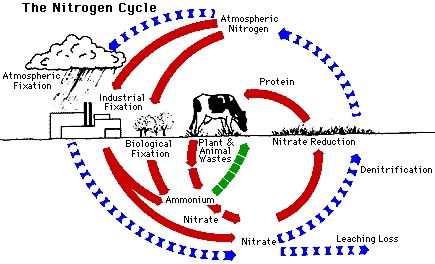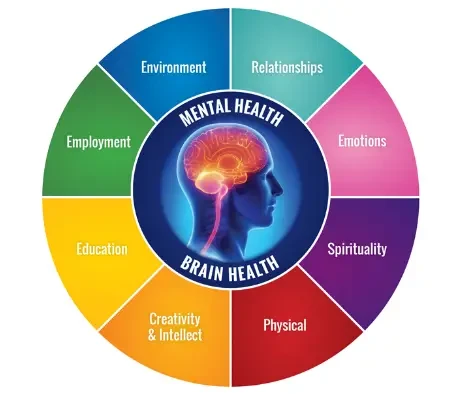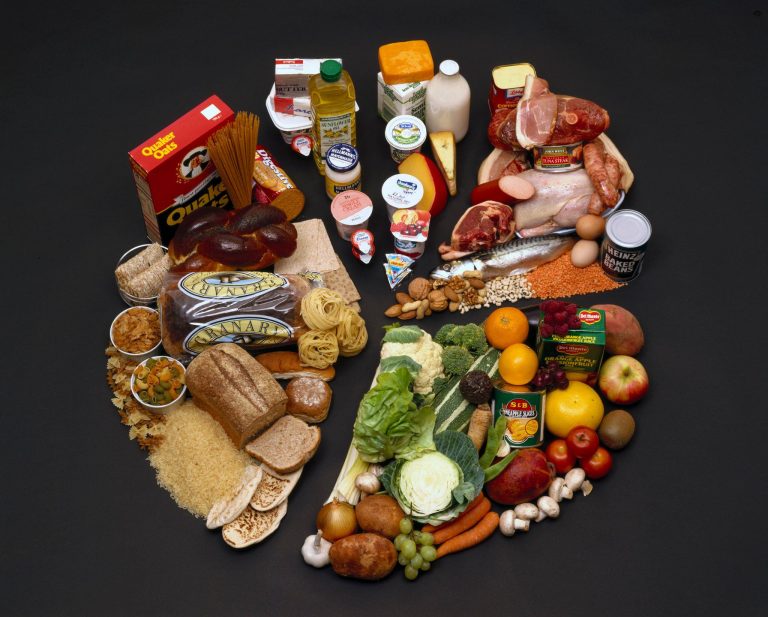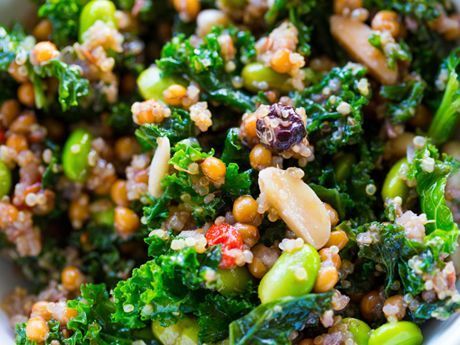As we age, our bodies undergo various physiological changes that can contribute to weight gain. One of the main factors is a decrease in metabolism. The metabolic rate tends to decline with age, mainly due to a loss of muscle mass and changes in hormone levels. This means that we burn fewer calories at rest, making it easier to gain weight.
Other Factors Contributing to Weight Gain
In addition to the natural changes that occur with aging, there are several other factors that can contribute to weight gain. These include:
Poor dietary choices
Sedentary lifestyle
Stress and emotional eating
Medication side effects
The Importance of Weight Management in Older Adults
Maintaining a healthy weight is crucial for older adults as it can help prevent or manage various health conditions. Obesity and excess weight have been linked to an increased risk of developing chronic diseases such as heart disease, diabetes, and certain types of cancer. Additionally, carrying extra weight can put strain on the joints and increase the risk of mobility issues and falls.
Tips for Successful Weight Management
1. Balanced Diet
Following a balanced diet that includes a variety of nutrient-rich foods is essential for managing weight. Focus on consuming plenty of fruits, vegetables, whole grains, lean proteins, and healthy fats. Avoid highly processed foods and limit the intake of added sugars and saturated fats.
2. Regular Physical Activity
Engaging in regular physical activity is crucial for weight management and overall health. Aim for at least 150 minutes of moderate-intensity aerobic exercise per week, along with strength training exercises to maintain muscle mass. Incorporate activities such as walking, swimming, cycling, or yoga into your routine.
3. Portion Control
Pay attention to portion sizes to avoid overeating. Use smaller plates and bowls to help control the amount of food you consume. Be mindful of your hunger and fullness cues, and eat slowly to give your body time to register satiety.
4. Stay Hydrated
Drinking an adequate amount of water is important for weight management as it helps prevent overeating. Stay hydrated throughout the day and opt for water instead of sugary beverages. Adequate hydration also supports overall bodily functions and keeps you feeling energized.
5. Manage Stress
Find healthy ways to manage stress as it can often lead to emotional eating or a sedentary lifestyle. Engage in activities such as meditation, yoga, or hobbies that help reduce stress levels. Seek support from friends, family, or professionals if needed.
6. Get Enough Sleep
Prioritize quality sleep as it plays a crucial role in weight management. Lack of sleep can disrupt hormones responsible for appetite regulation, leading to increased cravings and overeating. Aim for 7-9 hours of uninterrupted sleep each night.
Consultation with Healthcare Professionals
If you’re struggling with weight management or have any specific health concerns, it is advisable to consult with a healthcare professional. They can provide personalized guidance, create a tailored diet and exercise plan, and monitor your progress effectively.
Conclusion
Aging and weight management are intertwined, but with mindful approaches, it is possible to maintain a healthy weight as we age. By adopting a balanced diet, incorporating regular physical activity, practicing portion control, staying hydrated, managing stress, getting enough sleep, and seeking professional advice when necessary, older adults can successfully manage their weight and improve their overall well-being.











